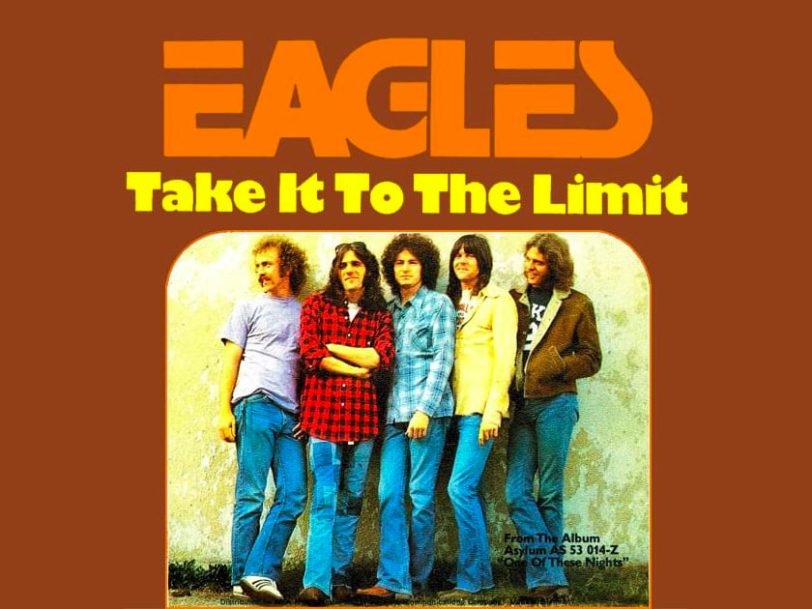The backstory: “We wanted to capture the spirit of the times”
In late 1974, Eagles were already a successful band, boasting three fine albums and a tight-feeling work ethic. The albums had helped forge a new sound of North America in the 70s: one that was literate, commercial and harmonised to perfection, yet with an undercurrent of mistrust and unease. Band members Glenn Frey and Don Henley were, as writing for the group’s fourth album, One Of These Nights, begun, becoming more aware of these underground drumbeats of paranoia, with social problems, division and political turmoil growing in their homeland.
“It was a dark time, both politically and musically,” Henley said. “We thought, Well, how can we write something with that flavour, with that kind of beat, and still have the dangerous guitars? We wanted to capture the spirit of the times.” As their new songs were developing, Henley and Frey joked that this would be Eagles’ “satanic country-rock period”.
The writing: “That was the line”
Take It To The Limit began with Randy Meisner, who was a founding member of the band, alongside Frey, Henley and Bernie Leadon. At the time of Eagles’ formation, in 1971, self-taught bassist Meisner was probably the most accomplished musician of all of the members; he had already been part of Poco, and also toured with Ricky Nelson as part of the singer’s The Stone Canyon Band.
Meisner said he began the song on acoustic guitar after hanging out at LA’s famous Troubadour club. “It was real late at night,” he recalled. “I was by myself and started singing and playing, ‘All alone at the end of the evening’. That’s where it started.”
The title, explained Meisner, meant “to keep trying before you reach a point in your life where you feel you’ve done everything and seen everything, sort of feeling, you know, part of getting old. And just to take it to the limit one more time, like every day just keep, you know, punching away at it… That was the line, and from there the song took a different course.”
The group effort: “They would help fill in the blanks”
Though Meisner had begun the song, he just couldn’t finish it. He said, in 2006, that this wasn’t unusual, partly because lyrics came less easily to him than to other band members. “I didn’t study English literature,” he said in 2006, “so it was harder for me to find words that would go together lyrically. I had a hard time with that. Musically I could always get an idea or hook line that was good.”
However, time was ticking on. Eagles needed to record the material for their new album, so in stepped Henley and Frey to help with lyrics. “I’d get a verse or two, and I’m done,” Meisner said, “and they would help fill in the blanks.” Take It To The Limit was now ready to go: and it would be crucial in sending One Of These Nights, and the band itself, supernova.




